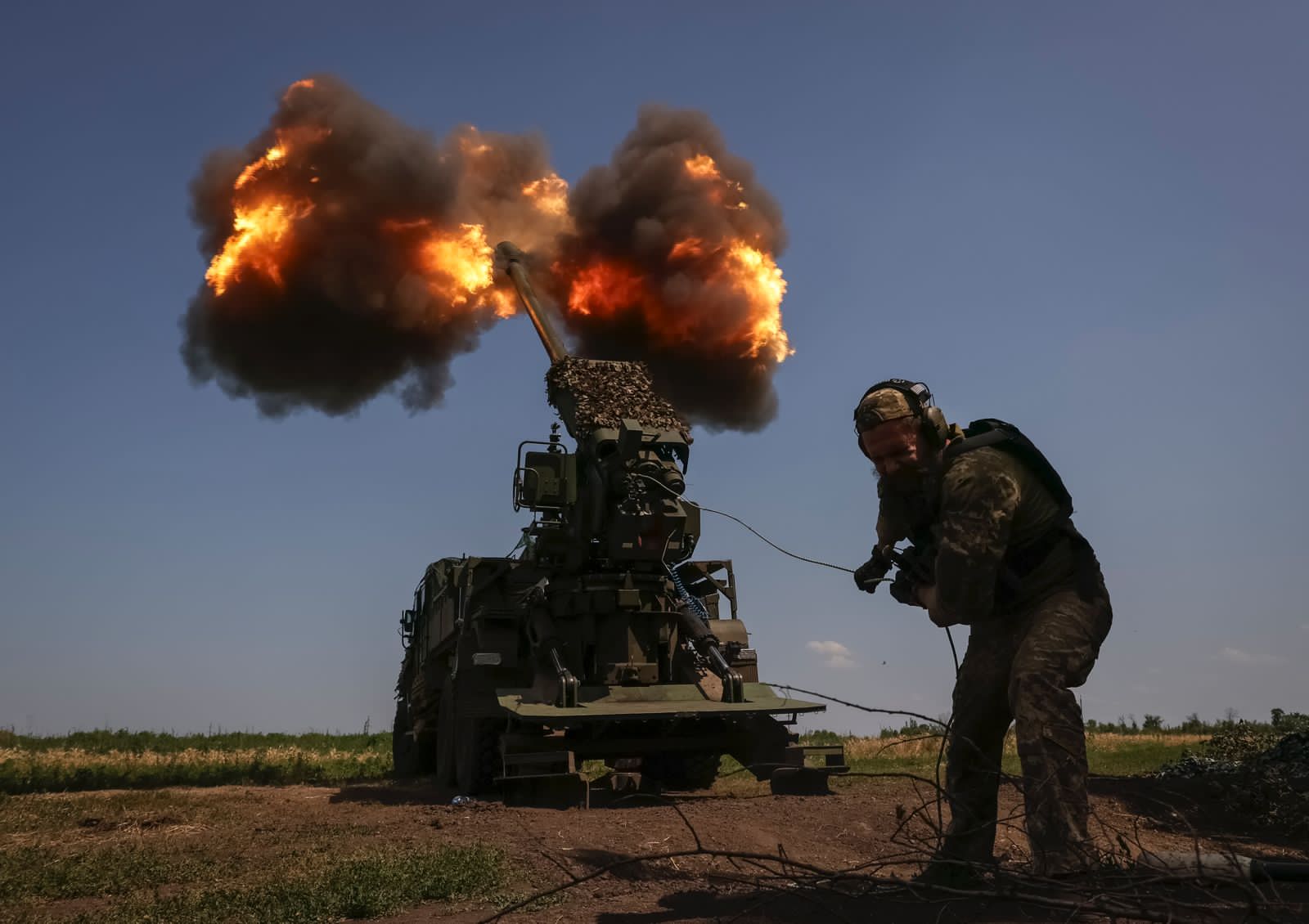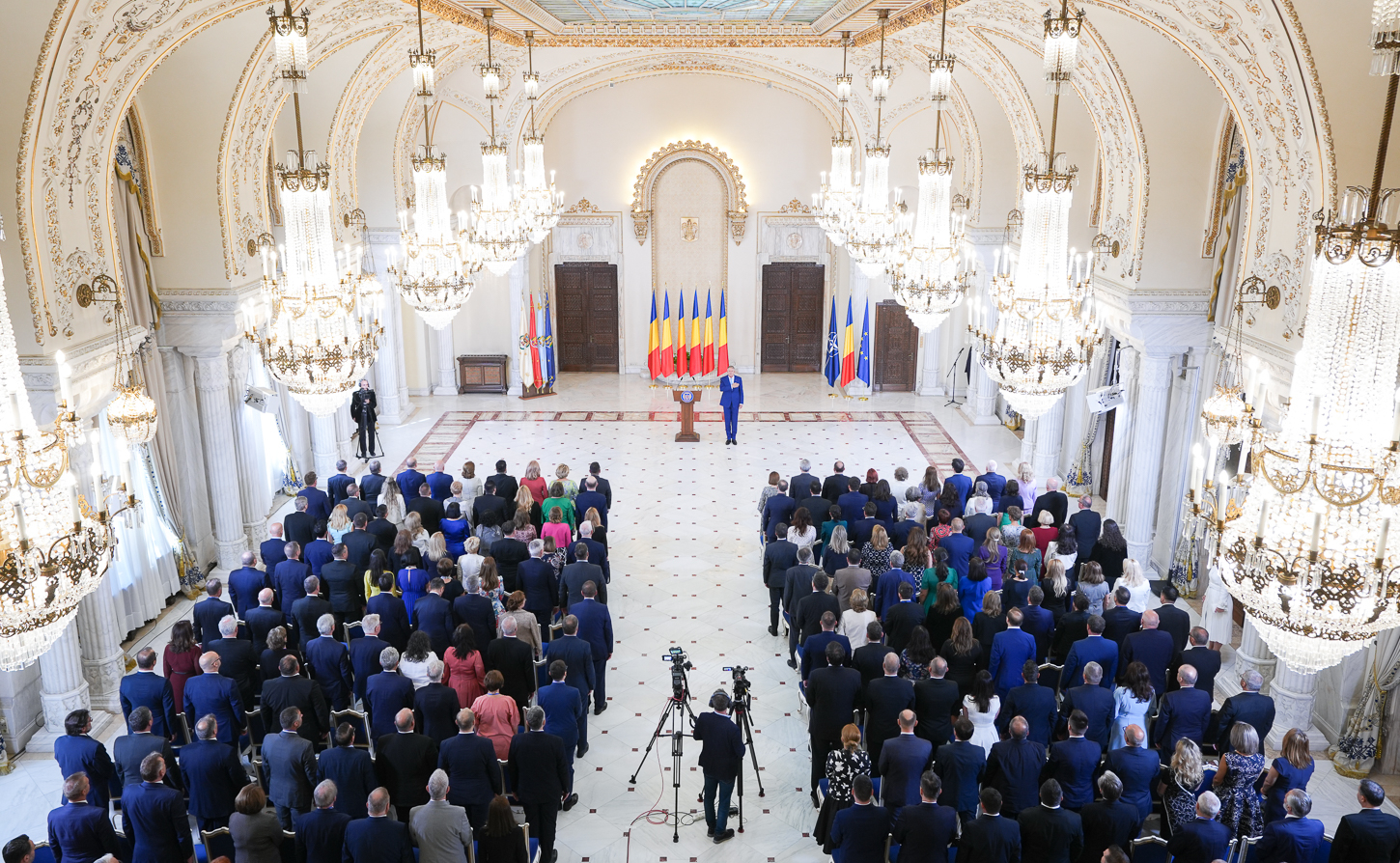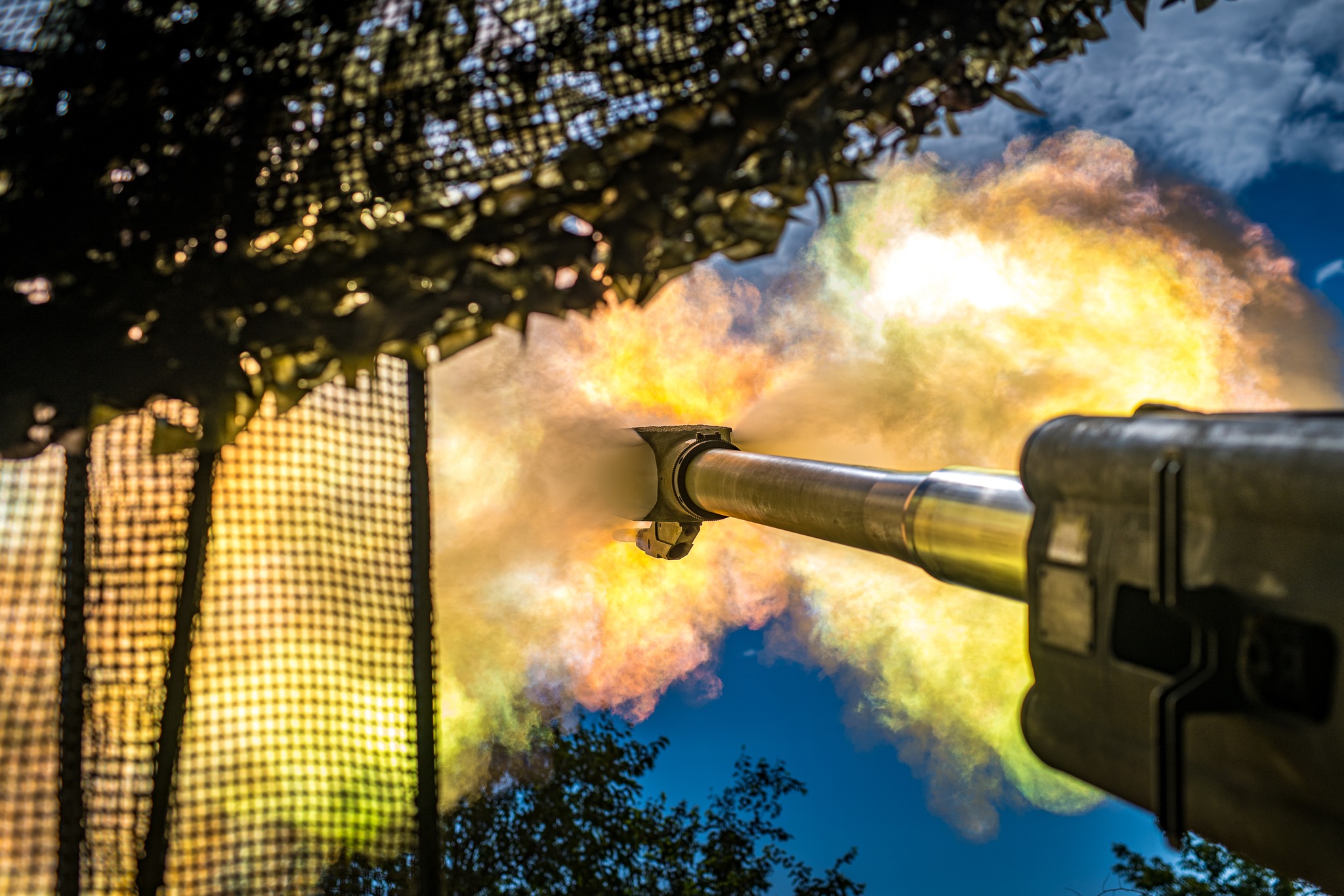President Klaus Iohannis stated that Romania will continue to stand by the Republic of Moldova, which has been heavily affected by war, providing financial assistance, expertise, and political support. Romania will also support Ukraine in a “comprehensive and multidimensional” manner as long as it is necessary. The leader in Bucharest has merely reaffirmed the foreign policy strategy of recent years implemented by Romanian diplomacy. He said, “We will continue to support Ukraine comprehensively and multidimensionally, for as long as it is necessary. At the same time, we will continue to be with the Republic of Moldova, which has been severely affected by war, through unprecedented financial assistance, expertise, and political support in building an irreversible European path and in constructing a safe and prosperous state for all its citizens.”
Romania’s support for the Republic of Moldova is practically one of the only objectives considered crucial by Romanian parliamentary political parties for Romania’s national security.

The current priority for Bucharest’s diplomacy is to obtain the political decision to open negotiations for EU accession with the Republic of Moldova and Ukraine.
Since the outbreak of the war initiated by Russia, Romania’s solidarity with Ukraine has remained unwavering. Romania has received over 5.7 million Ukrainians, provided significant humanitarian aid, and facilitated the transit of over 22.5 million tons of Ukrainian agricultural products through its territory. These efforts are complemented by strong political support for Ukraine at the European Union and NATO levels, as well as Romania’s involvement in isolating Russia on the international stage.
The political elite in Bucharest is united in the belief that it is Romania’s duty to continue being a genuine provider of security and prosperity in the region, so that the Black Sea can become an area where peace and prosperity are no longer threatened.
Romania’s interest in strengthening the security format in the Black Sea basin has been highlighted by President Klaus Iohannis, who announced that at the Summit of the Three Seas Initiative (I3M) scheduled for September 6th in Bucharest, there are plans to expand the platform with a new participating state, Greece, and to grant the status of an associated participating state to Ukraine and the Republic of Moldova.
Given the geopolitical context created by the war in Ukraine, the Three Seas Initiative can become a much more significant platform for consolidating regional and European resilience.
At the September 6, 2023 Summit in Bucharest, Romania aims to reaffirm the role of the Initiative in promoting economic growth and strategic interconnections. This includes strengthening and refining the tools of the Initiative and redefining its relationship with its geopolitically reconfigured neighborhood.
Romania is expected to deepen its bilateral relations with European partners, especially those with strategic relevance, such as Germany, France, Spain, Italy, the United Kingdom, Poland, Turkey, Greece, Bulgaria, Portugal, Belgium, Hungary, and the Baltic states.

The system of trilaterals, which has characterized part of Romania’s diplomatic efforts, should be consolidated and should not overlap with other initiatives. Trilaterals like Romania – Poland – Turkey, Romania – Republic of Moldova – Ukraine, or Romania – Poland – Spain address various security needs, and these regional options should not harm Romania’s interests in other areas, especially in the Black Sea basin.
An important aspect is Romania’s interest in ensuring access to energy resources that cannot be used for political purposes, following the Russian model. Romania should also continue to focus on the accelerated development of relations with partners in the South Caucasus, namely Azerbaijan and Georgia, given “the importance of this region in terms of energy and its role in the political, economic, and security configuration of the Black Sea.“
Romania can indeed play a role in resolving the Nagorno-Karabakh conflict, given the privileged bilateral relationships between Bucharest and the two capitals directly involved in the conflict, Baku and Yerevan. Even Romania’s good relations with Ankara can support this goal, even though Turkey may not view the involvement of other states in the stabilization of the region favorably. As a member of the European Union and NATO, Romania can provide unique expertise and participate in the deployment of a potential international peacekeeping force. Bucharest should support efforts to eliminate the harmful influence of the Russian Federation in the region, an influence that has led to the emergence of separatist conflicts in Azerbaijan, Georgia, Ukraine and the Republic of Moldova.
This remains the most vulnerable state in the Black Sea region, and Romania’s support is crucial for its survival as a viable entity.
Although the President of the European Council, Charles Michel, recently stated that the European Union should be prepared to accept new member states by 2030, it is challenging to believe that this ideal can be achieved due to the complex issues in the candidate countries: political, social, economic, and security challenges.
The six Western Balkan states – Albania, Bosnia, Kosovo, Montenegro, North Macedonia, and Serbia – are at different stages in the process of EU accession.
Last year, the Republic of Moldova and Ukraine were granted candidate status, and Georgia is also waiting to receive this status.
Of course, all candidate states must resolve their bilateral conflicts before joining the European Union, and Romania can play an important role in ensuring that none of the past conflicts become a hindrance to EU or NATO membership, as the case may be.
The EU should also implement internal reforms to prepare for expansion, and in this process, Romania can play an active role.


0 Comments